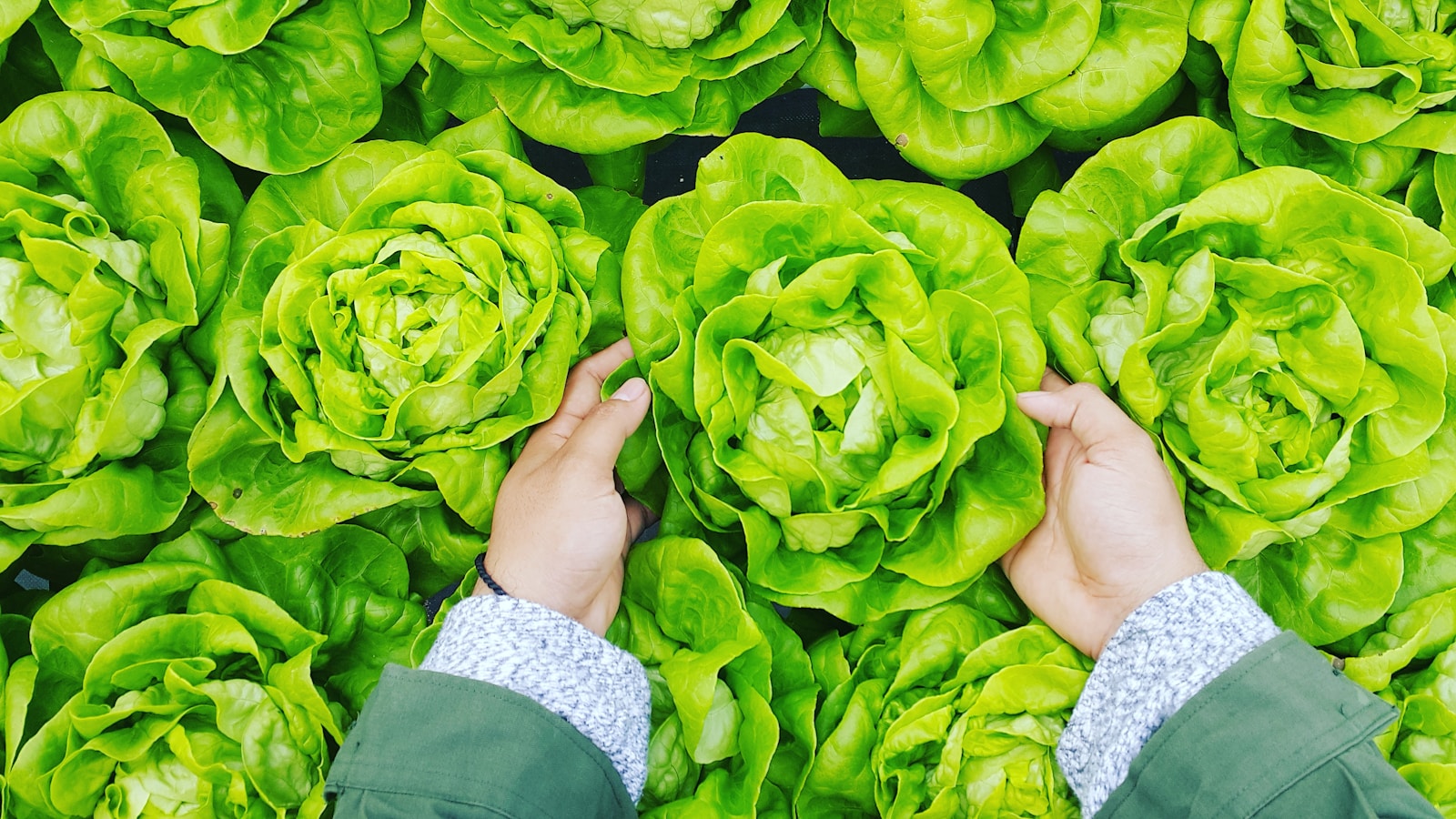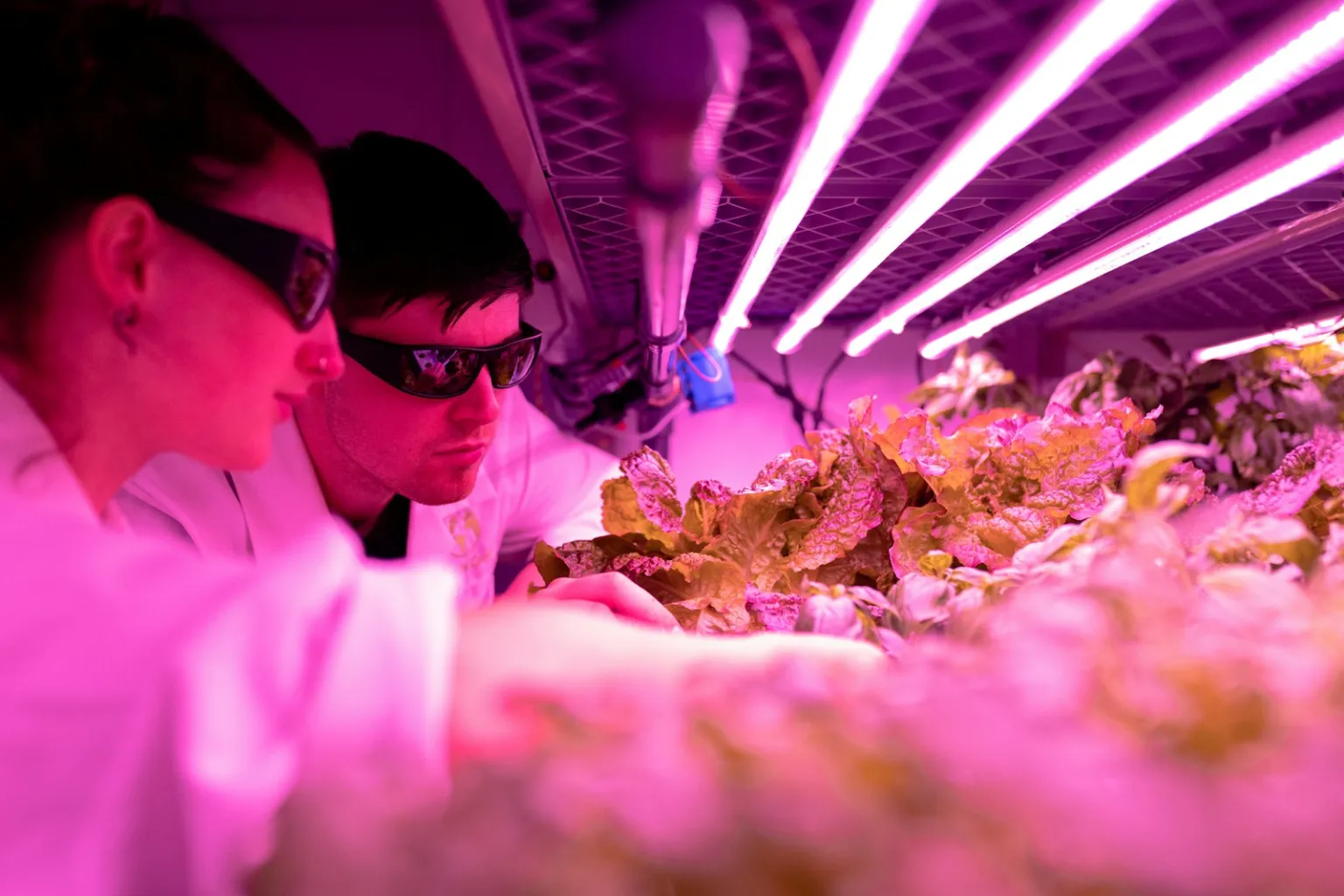Adopting a vegan diet doesn’t just benefit the environment and animal welfare—it can also have profound effects on your health. A growing body of evidence suggests that plant-based eating may significantly reduce the risk of developing cancer. By focusing on whole, nutrient-dense foods, a vegan diet provides protective compounds that can help prevent cell damage and inflammation, two key contributors to cancer.
Understanding the Link Between Diet and Cancer
The foods we consume have a direct impact on cellular health and overall body function. Diets rich in processed meats, saturated fats, and added sugars are associated with an increased risk of various cancers. Conversely, plant-based diets, packed with vitamins, antioxidants, and fiber, offer protection against these risks.
Key Components of a Vegan Diet That Help Reduce Cancer Risk
Antioxidants
Antioxidants neutralize free radicals, unstable molecules that can damage cells and lead to cancer. Foods like berries, spinach, and broccoli are particularly rich in these protective compounds.
Phytochemicals
Plant-based foods contain phytochemicals, such as flavonoids and carotenoids, which have been shown to inhibit cancer cell growth. Cruciferous vegetables like kale, Brussels sprouts, and cauliflower are excellent sources.
Fiber
High-fiber diets promote healthy digestion and may reduce the risk of colorectal cancer. Legumes, whole grains, and fruits are staples in a vegan diet that provide ample fiber.
Low Saturated Fat
Plant-based diets are naturally low in saturated fats, reducing inflammation and improving hormone regulation, both of which play a role in cancer prevention.
Specific Cancers a Vegan Diet May Help Prevent
Colorectal Cancer
High-fiber foods and the absence of red and processed meats contribute to a lower risk of colorectal cancer in plant-based eaters.
Breast Cancer
Studies have shown that diets high in fruits and vegetables are linked to reduced breast cancer risk, thanks to their abundance of antioxidants and anti-inflammatory properties.
Prostate Cancer
Lycopene, found in tomatoes, and other plant-based compounds are associated with a decreased risk of prostate cancer.
Tips for a Cancer-Preventative Vegan Diet
- Eat the Rainbow: Include a variety of colorful fruits and vegetables to maximize your intake of protective nutrients.
- Focus on Whole Foods: Minimize processed vegan foods and prioritize whole grains, legumes, and nuts.
- Incorporate Cruciferous Vegetables: Include broccoli, cauliflower, and kale in your meals.
- Avoid Sugary Drinks and Foods: Excess sugar can contribute to inflammation and cancer risk.
- Stay Hydrated: Proper hydration supports overall health and detoxification processes.
Scientific Support for Veganism and Cancer Prevention
Research published in journals like Cancer Epidemiology, Biomarkers & Prevention highlights the benefits of plant-based diets in reducing cancer risk. For example, a study of over 65,000 participants found that vegans had a significantly lower incidence of all cancers compared to meat-eaters.
Final Thoughts
While no single dietary change guarantees cancer prevention, switching to a vegan diet is a powerful way to reduce risk factors. Packed with antioxidants, fiber, and other protective nutrients, a plant-based lifestyle supports cellular health and strengthens your body’s natural defenses. By making thoughtful food choices, you can promote long-term health and reduce your likelihood of developing cancer.
Relevant Links/Sources:
Plant-Based Diets and Cancer Prevention – NIH Antioxidants and Cancer – American Cancer Society



